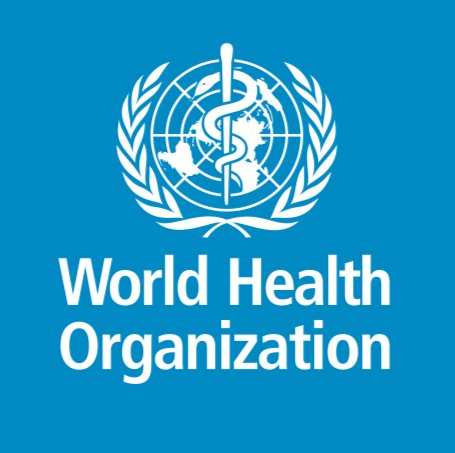What Is Mental Health?
According to the World Health Organization, Good mental health is related to mental and psychological well-being. Mental health includes our emotional, psychological, and social well-being. It affects how we think, feel, and act. It also helps determine how we handle stress, relate to others, and make choices. Mental health is important at every stage of life, from childhood and adolescence through adulthood.
GLOBAL REPORTING ON CORE MENTAL HEALTH INDICATORS
177 out of WHO’s 194 Member States (91%) at least partially completed the Atlas questionnaire; the submission rate was above 85% in all WHO Regions;
37% of Member States regularly compile mental health specific data covering at least the public sector. In addition, 29% of WHO Member States compile mental health data as part of general health statistics only;
62% of Member States were able to report on a set of five selected indicators that covered mental health policy, mental health law, promotion and prevention programmes, service availability and mental health workforce.
MENTAL HEALTH SYSTEM GOVERNANCE
72% of Member States have a stand-alone policy or plan for mental health and 57% have a stand-alone mental health law;
In the previous five years, 62% of WHO Member States have updated their policy and plan; and 40% their mental health law;
94 countries equivalent to 68% of those countries who responded, or 48% of all WHO Member States, have developed or updated their policies or plans for mental health in line with international and regional human rights instruments;
76 countries, equivalent to 75% of those countries who responded, or 39% of all WHO Member States, have developed or updated their law for mental health in line with international and regional human rights instruments;
Human and financial resources allocated for implementation are limited; only 20% of Member States reported that indicators are available and used to monitor implementation of a majority of the components of their action plans.
FINANCIAL AND HUMAN RESOURCES FOR MENTAL HEALTH
Levels of public expenditure on mental health are very meagre in low and middle-income countries and more than 80% of these funds go to mental hospitals;
Globally, the median number of mental health workers is 9 per 100 000 population, but there is extreme variation (from below 1 in low-income countries to 72 in high-income countries).
MENTAL HEALTH SERVICE AVAILABILITY AND UPTAKE
The median number of mental health beds per 100 000 population ranges below 7 in low and lower middle-income countries to over 50 in high-income countries;
Equally, large disparities exist for outpatient services, child and adolescent services and social support; globally, the median number of child and adolescent beds is less than 1 per 100 000 population and ranges from below 0.2 in low and lower middle-income countries to over 1.5 in high-income countries.
MENTAL HEALTH PROMOTION AND PREVENTION
123 countries, equivalent to 69% of those countries who responded, or 63% of all WHO Member States, have at least two functioning national, multisectoral mental health promotion and prevention programmes;






